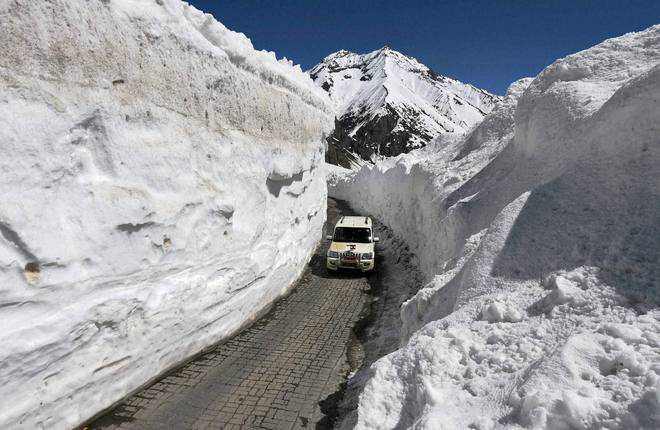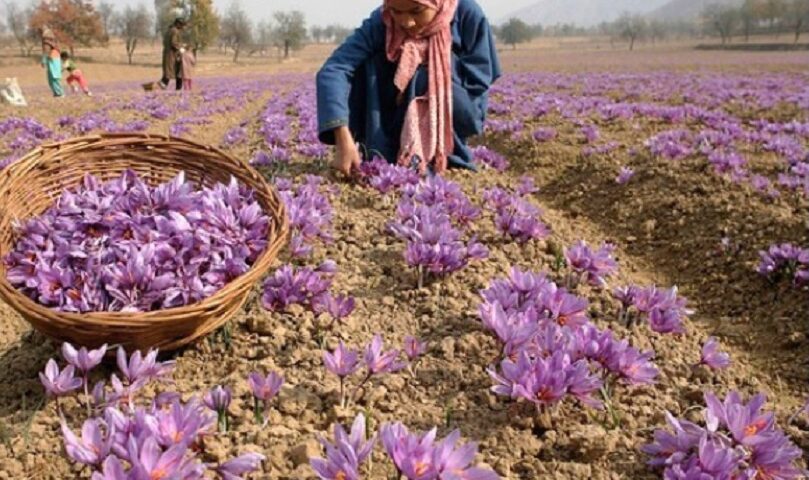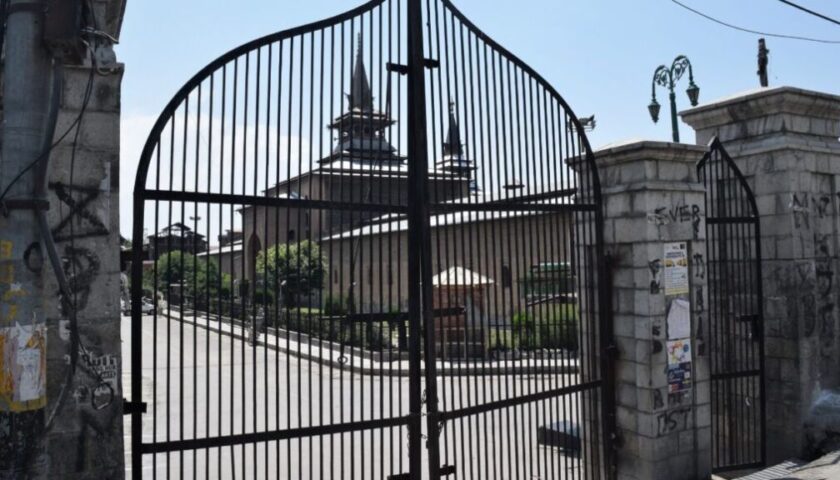Bidders have shown reluctance to execute the ambitious South East Asia’s longest Zojila tunnel project, connecting Kashmir with the strategic Ladakh region, owing to “uncertainty” in the Valley and “very hostile weather conditions”.
This is in spite of change in the mode of execution from the Design-Build-Finance-Operate-Transfer (DBFOT) (Annuity) basis to Engineering, Procurement and Construction (EPC) basis. Under the new EPC model, the government is fully funding the project.
“Uncertainty hangs over the execution of the project as bidders have shown strong reluctance to the project due to large-scale tension in the Kashmir valley and very hostile weather conditions. No local and foreign bidder is ready to make a huge investment in a scenario which has always been marred by uncertainty and turbulence,” a senior officer of the National Highways and Infrastructure Development Corporation (NHIDCL) said.
The Union Ministry of Road, Transport and Highways (MORTH) has entrusted the NHIDCL, its fully owned company, with the task of undertaking and completing the tendering process of the Zojila tunnel project.
The NHIDCL officer said, “Now, the government has changed the mode of work to EPC under which it (government) will fully fund the project but we are still waiting for a response from bidders. This is for the fifth times that tenders have been floated. We don’t know what will be the fate of the project.”
Under the EPC mode, the NHIDCL invited fresh international-level “Request of Proposal” (NIT) on January 9 and decided to award Letter of Award (LOA) to the final bidder on March 3. However, the corporation has extended the date of tender till May 1 due to poor response from road developers.
Under the DBFOT (Annuity) model, the 14.08-km-long tunnel was to be constructed in seven years with an estimated cost of Rs 10,050 crore. The project has also been included in Prime Minister Narendra Modi’s Rs 80,000 crore development package for Jammu and Kashmir, which was announced on November 7, 2015.
“The estimated cost of project is Rs 5,950 crore under the new EPC model and 84 months deadline has been fixed for the completion of the project from the date of its commencement. The assessment of actual costs, however, will have to be made by the bidder, who will also be responsible for maintenance and operation of the project for a period of 10 years from the date of completion of the project,” the officer said, adding, “There are hostile climatic issues attached with the project as Zojila is the most devastating stretch on the Srinagar-Leh axis.”
“The stretch between Gagangir and Sonamarg on the proposed tunnel has 24 avalanche sites, while there are 52 similar sites on the Sonamarg-Manimarg stretch, which records heavy to heavy snowfall. It will not be easy for any executing agency to execute work on the project,” the officer said.
The MORTH has envisaged the construction of a two-lane bi-directional Zojila tunnel with a parallel escape (egress) tunnel, including approaches, on the Srinagar-Leh section on the EPC mode. The project assumes strategic importance for the defence forces as Ladakh shares its vast borders with China and Pakistan.
It also holds the socio-economical importance for the region as two vital national highways — 434-km-long Srinagar-Kargil-Leh and 474-km-long Manali-Leh — remain closed for six months due to accumulation of snow in harsh winters.
The Srinagar-Kargil-Leh road traverses through two major mountain ranges. It first crosses through the great Himalayas at Zojila and then the Zanskar mountain range at Fatula to enter Ladakh. Apart from its tough geography and topography, the mighty Zojila pass witnesses a maximum standing snow of around 5-6 metres every year and the temperature sometimes plummets to -28°C to -25°C.
The proposed tunnel will pass through the Zojila Pass, which serves as the gateway to the Ladakh region. The pass, located at an altitude of about 12,000 ft (3,530 metres), is the fourth highest pass in the country. Out of 30 km from the tourist resort of Sonamarg in Kashmir to Gumri near the Zojila pass, the 10-km stretch is tough because of steep ravine and vertical mountains, prone to avalanches.
Uncertainty, Harsh weather cast shadow on Zojila tunnel project




